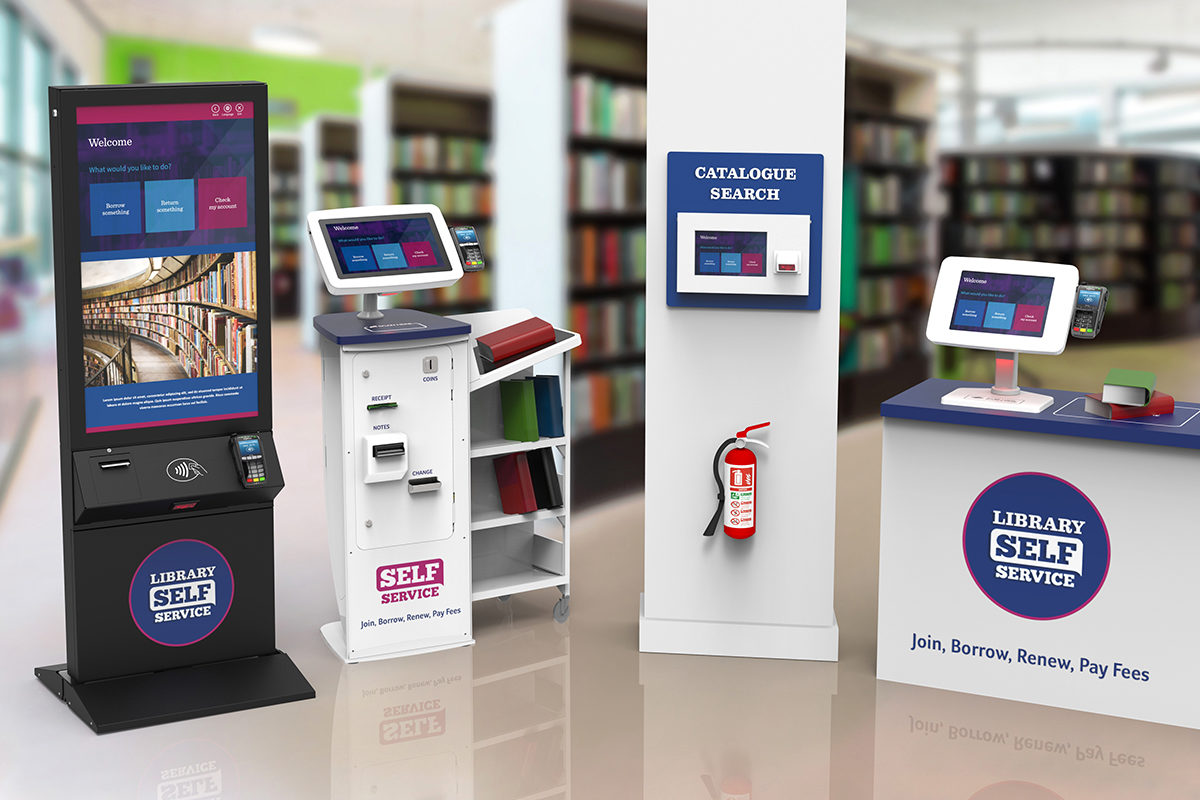Elevating Education: POS Systems in Universities and Academic Institutions

In the fast-paced world of academia, efficiency and accuracy are crucial for ensuring a seamless learning experience for students and faculty alike. Point-of-Sale (POS) systems, while traditionally associated with retail and hospitality industries, are increasingly making their mark in universities and academic institutions, revolutionizing various aspects of campus operations. Let’s explore how POS systems are elevating education in universities and academic institutions.
- Campus Dining and Cafeterias: One of the most prominent areas where POS systems are transforming university operations is in campus dining and cafeterias. POS terminals allow students to quickly and conveniently purchase meals, snacks, and beverages using various payment methods, including meal plans, student IDs, credit/debit cards, and mobile wallets. By streamlining the ordering and payment process, POS systems reduce wait times, enhance customer satisfaction, and improve operational efficiency for dining services.
- Bookstores and Retail Operations: University bookstores and retail outlets play a vital role in providing students with textbooks, school supplies, and university-branded merchandise. POS systems enable bookstore staff to efficiently process transactions, manage inventory, and track sales data in real-time. Additionally, POS technology facilitates online sales and inventory management, allowing students to purchase textbooks and supplies remotely and pick them up on campus or have them delivered to their doorstep.
- Event Ticketing and Registration: Universities host a wide range of events, including academic conferences, guest lectures, performances, and sporting events. POS systems streamline ticketing and registration processes, enabling students, faculty, and community members to purchase tickets online, at kiosks, or at the venue. With integrated seating charts and attendee management features, POS technology simplifies event planning and ensures a seamless experience for attendees.
- Student Services and Fees: From tuition payments and course registration to parking permits and student ID cards, universities manage a variety of student services and fees. POS systems centralize these transactions, allowing students to access and pay for services conveniently through a single platform. With automated fee calculations, payment reminders, and financial aid integration, POS technology helps universities streamline administrative processes and improve financial transparency for students.
- Campus Services and Facilities: POS systems extend beyond traditional retail and dining operations to encompass a wide range of campus services and facilities, including fitness centers, recreational facilities, parking garages, and printing services. By implementing POS terminals in these areas, universities can offer students and staff convenient access to services, track usage data, and generate additional revenue streams through memberships, rentals, and fees.
- Data Analytics and Reporting: One of the most significant benefits of POS systems in universities is their ability to generate valuable data insights that inform decision-making and drive institutional improvements. By analyzing transactional data, purchasing patterns, and student behavior, universities can identify areas for optimization, allocate resources more effectively, and tailor services to meet the evolving needs of the campus community.
In conclusion, POS systems are playing a pivotal role in elevating education in universities and academic institutions by streamlining operations, enhancing student services, and improving the overall campus experience. As technology continues to evolve, universities that embrace POS solutions stand to benefit from increased efficiency, improved data visibility, and enhanced student satisfaction, ultimately contributing to a more vibrant and successful learning environment.
Protect your advertising budget with advanced click fraud software that detects and blocks fake traffic in real time. Get accurate campaign data and ensure your POS marketing dollars are spent wisely.
